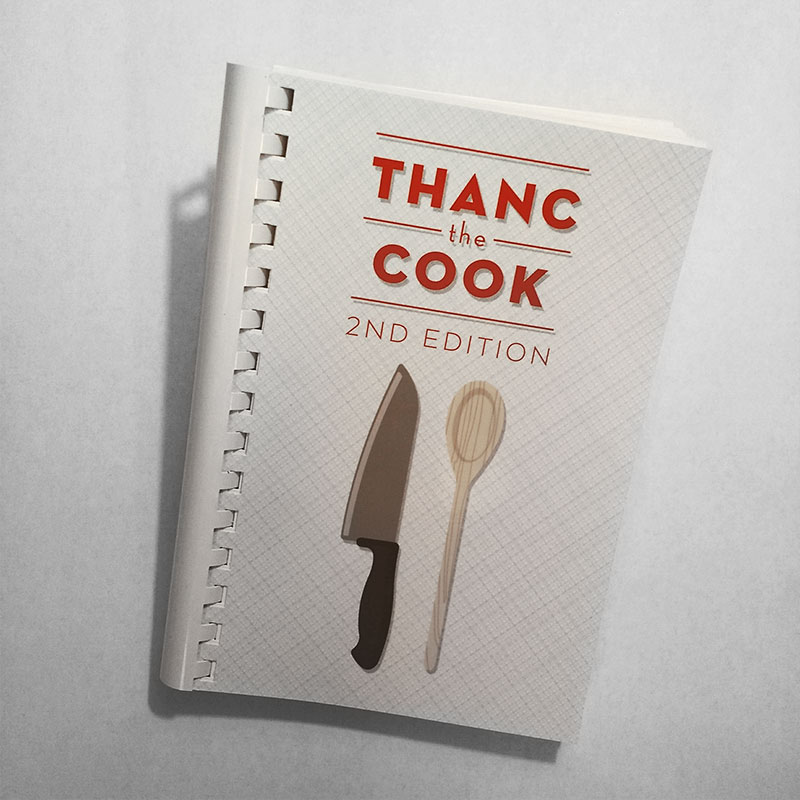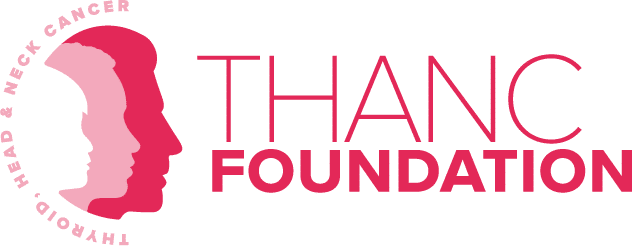
Adhering to a low-iodine diet prepares patients with thyroid cancer for radioactive iodine (RAI) therapy. Because the thyroid gland absorbs almost all of the iodine in the body, RAI is a way to specifically target and kill thyroid cells that may be left over from surgery or thyroid cancer that may have spread to other parts of the body. In order to maximize the effectiveness of RAI therapy, it is important to prepare in the weeks leading up to treatment.
To maximize the amount of radioactive iodine a patient’s thyroid cells will uptake, the body should have a high level of TSH (thyroid stimulating hormone) at the time of treatment. If the thyroid gland has already been removed, this can be done by temporarily stopping the daily intake of thyroid hormone pills. However, to best avoid signs and symptoms of hypothyroidism, patients may opt to receive injections of thyrotropin (Thyrogen). This allows a patient to continue taking thyroid hormone pills for a longer period of time leading up to the treatment.
One to two weeks before receiving treatment, patients must stick to a low-iodine diet. Many different foods and beverages contain iodine, even some foods you wouldn’t suspect. Since you can find iodine in a broad range of food products, it is best to avoid eating from restaurants during this time. Cooking for yourself is the surest way to control your iodine consumption.
Iodine is typically used in the care of animals and as a safety element/stabilizer in processed foods. High-iodine foods include iodized salt, grains, cereals, breads, fish, shellfish, beef, poultry, milk, and milk products. It is important to check any medication you take (especially red-colored medication) for iodine. During this time, it is best to avoid herbal supplements as well. Some of the low-iodine foods that are best to consume during this time are non-iodized salt, egg whites (no yolks), fresh fruits and vegetables, grains with no high-iodine ingredients, most beverages (soda, beer, wine, fruit juice, coffee, and tea), unsalted nuts, bread with non-iodized salt and oil (no butter or milk), and spreads like jelly/jam and honey.
Following a low-iodine diet for multiple weeks can be a real challenge. If you aren’t sure if it’s okay to eat a certain food, it’s best to be safe and avoid it. You can check one of the many online thyroid cancer resource pages or our cookbook for more information on which foods are safest to prepare you for RAI treatment.
30 Stories in 30 Days
September is Thyroid Cancer Awareness Month. For the next 4 weeks, we will post stories written by thyroid cancer survivors, caregivers and friends for our 30 Stories in 30 Days campaign. We hope their perspectives and insight will help others along their journey.


